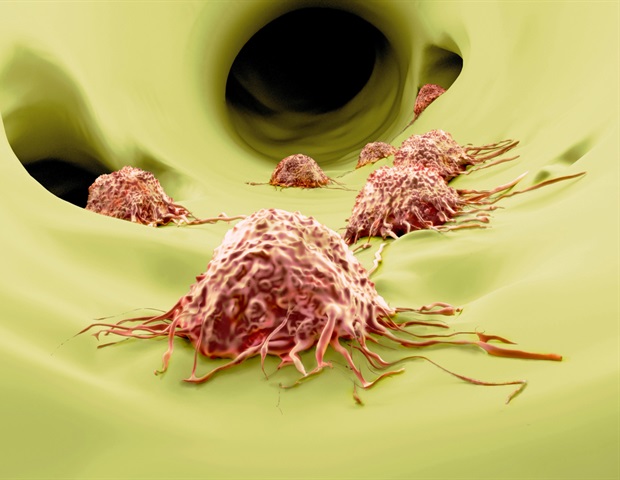A new research paper was published in Oncotarget's Volume 15 on May 16, 2024, entitled, "The anticancer potential of the CLK kinases inhibitors 1C8 and GPS167 revealed by their impact on the epithelial-mesenchymal transition and the antiviral immune response." The diheteroarylamide-based compound 1C8 and the aminothiazole carboxamide-related compound GPS167 inhibit the CLK kinases, and affect the proliferation of a broad range of cancer cell lines. A chemogenomic screen previously performed with GPS167 revealed that the depletion of components associated with mitotic spindle assembly altered sensitivity to GPS167.
In this new study, researchers Lulzim Shkreta, Johanne Toutant, Aurélie Delannoy, David Durantel, Anna Salvetti, Sophie Ehresmann, Martin Sauvageau, Julien A. Delbrouck, Alice Gravel-Trudeau, Christian Comeau, Caroline Huard, Jasmin Coulombe-Huntington, Mike Tyers, David Grierson, Pierre-Luc Boudreault, and Benoit Chabot from Université de Sherbrooke, Université de Lyon, Institut de recherches cliniques de Montréal, Université de Montréal, and University of British Columbia a similar screen performed with 1C8 also established the impact of components involved in mitotic spindle assembly. "Accordingly, transcriptome analyses of cells treated with 1C8 and GPS167 indicated that the expression and RNA splicing of transcripts encoding mitotic spindle assembly components were affected.

" The functional relevance of the microtubule connection was confirmed by sh.























